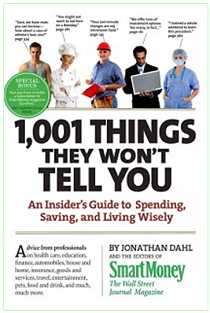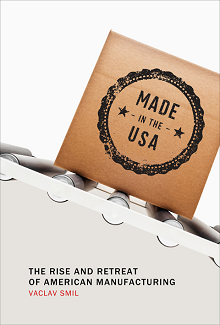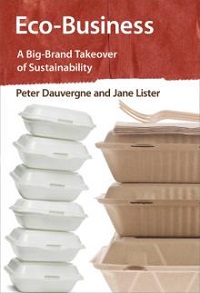There are many books, magazines and websites for those consumers who want to know how to deal with an economy where everybody wants your money, This book is a great “insider’s guide” to how to take control and wisely manage your money when it comes to practically all aspects of your everyday life. These are the 1,001 things that they won’t tell you related to your family, your children’s education, your home, your money, your goods & services, your food & drink, your mind & body, your medical & dental services, your car and everything related to your free time and entertainment. This guide was published back in 2009, but, except for minor tidbits of information, it still applies. Based on the SmatMoney magazine’s “Ten Things They Won’t Tell You” column, it covers 100 businesses and professions that readers interact with daily.
May you have a prosperous and healthy New Year 2017!
1,001 things they won’t tell you : an insider’s guide to spending, saving and living wisely. Jonathan Dahl. New York: Workman Publishing, 2009.




